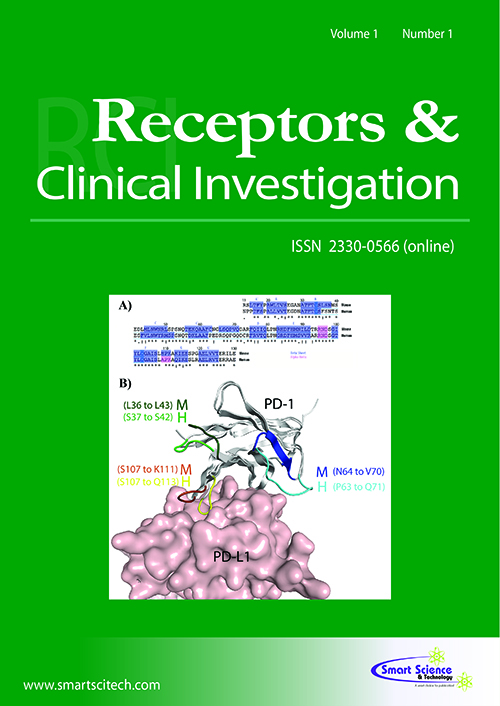Driver or Passenger - Roles of the Glucocorticoid Receptor in Castration Resistance Prostate Cancers
Abstract
Prostate cancer is the most commonly diagnosed cancer in men and the second leading cause of cancer death in men in North America. With the rate of new cases rising each year, prostate cancer poses a heavy burden on both the economy and society. While the first line of treatment for metastatic prostate cancer is androgen deprivation therapy, it has become evident that tumors eventually become castration resistant. One of the proposed mechanisms by which tumors overcome androgen deprivation therapy is through the expression and activation of glucocorticoid receptors. However, whether the glucocorticoid receptor functions as a key driver for castration resistant progression or a biomarker reflecting androgen receptor activity remains elusive. In our recent study, we utilized tissue microarrays and multiple prostate cancer xenograft and cell models to investigate the roles of the glucocorticoid receptor during castration resistant progression. As a result, we determined that the expression of the glucocorticoid receptor is inversely correlated with androgen receptor activity and is not associated with castration resistant phenotypes. In addition, we identified a negative androgen responsive element in the promoter region of the glucocorticoid receptor gene through chromatin immunoprecipitation analysis combined with DNA sequencing technology. We showed that the androgen receptor interacted directly to this response element to exert suppressive effects on the transcription of the glucocorticoid receptor gene. In conclusion, the expression of the glucocorticoid receptor is negatively regulated by the androgen receptor and can potentially serve as a biomarker to monitor prostate tumor progression.











